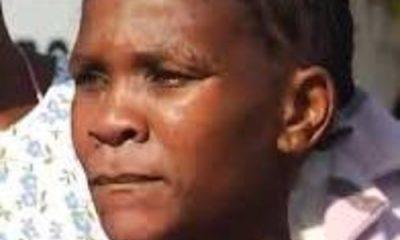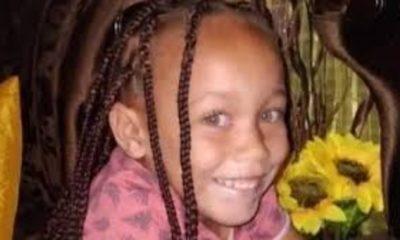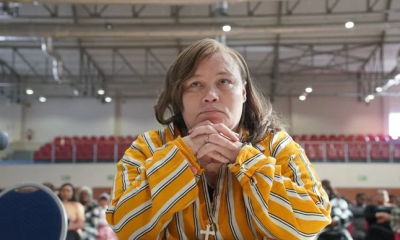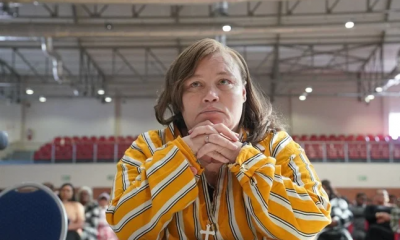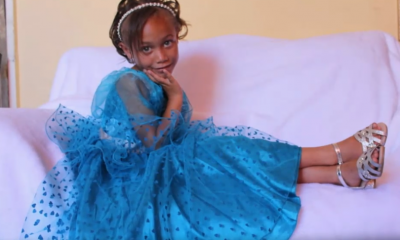411
Joshlin Smith Case: A Defining Moment in South Africa’s Fight Against Child Trafficking
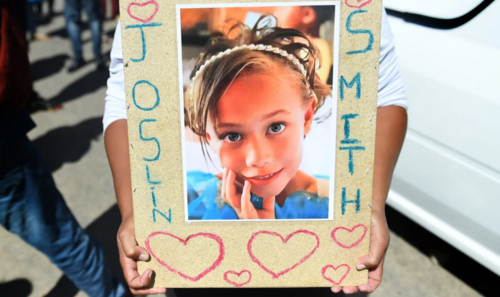
In a trial that could transform how South Africa confronts child trafficking, Senior State Advocate Zelda Swanepoel has called the Joshlin Smith case one of the most significant in the country’s legal history.
Joshlin, a six-year-old girl from Saldanha Bay, disappeared from her home in Middelpos on February 19, 2024. Her mother, Racquel ‘Kelly’ Smith, her boyfriend Jacquen ‘Boeta’ Appollis, and their friend Steveno ‘Steffie’ van Rhyn are on trial for kidnapping and human trafficking. They have pleaded not guilty.
During Tuesday’s closing arguments in the Western Cape High Court, Swanepoel said what makes this case so unique—and so heartbreaking—is Joshlin’s continued absence.
“Usually, in a trafficking case, the child survives and can tell us what happened. But here, we don’t have that. Joshlin is gone,” she told the court.
A Chilling Accusation
The most disturbing testimony came from Lourentia ‘Renz’ Lombaard, a former accused who turned State witness. She claimed that Kelly Smith sold her daughter to a sangoma for R20,000.
Swanepoel described this act as modern-day slavery, warning the court that it shows how easily vulnerable children can be commodified.
“It sounds bizarre to the reasonable person that a child could be sold,” she said. “But sadly, that is the reality we are facing.”
A Legal First in South Africa
Unlike past trafficking cases—where police intervened before children were harmed—Joshlin’s case involves a child who was never recovered. Swanepoel stressed this makes it the first of its kind under South African law.
Referencing Section 4(1) of the Prevention and Combating of Trafficking in Persons Act (PACOTIP), Swanepoel outlined the legal elements of trafficking:
-
The Act: what was done
-
The Purpose: for exploitation
Normally, prosecutors must prove a third element—the means, such as force or coercion—but not in child cases. “Children are inherently vulnerable,” Swanepoel reminded the court, “so we don’t need to prove coercion.”
She cited Section 11 of PACOTIP, which specifically removes this burden of proof for minors.
A Case That Could Set a Precedent
“This case is so important,” Swanepoel argued. “Not only for Joshlin, but for how our justice system protects children going forward.”
The State believes Joshlin was trafficked under a premeditated agreement between the accused, marking a tragic and profound failure to protect a child.
As the trial continues, it raises urgent questions about gaps in legal enforcement and the devastating impact of child trafficking in South Africa.
What Comes Next
The court is now tasked with deciding a case that could reshape the future of South African anti-trafficking law. Joshlin’s fate may still be unknown, but her story is already a catalyst for change.
{Source: IOL}
Follow Joburg ETC on Facebook, Twitter , TikTok and Instagram
For more News in Johannesburg, visit joburgetc.com

